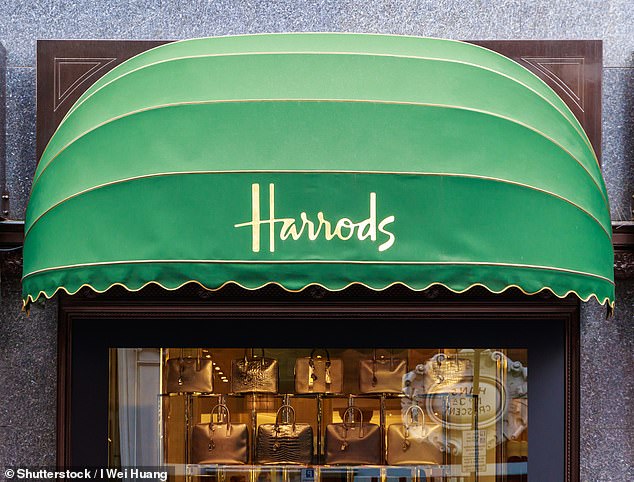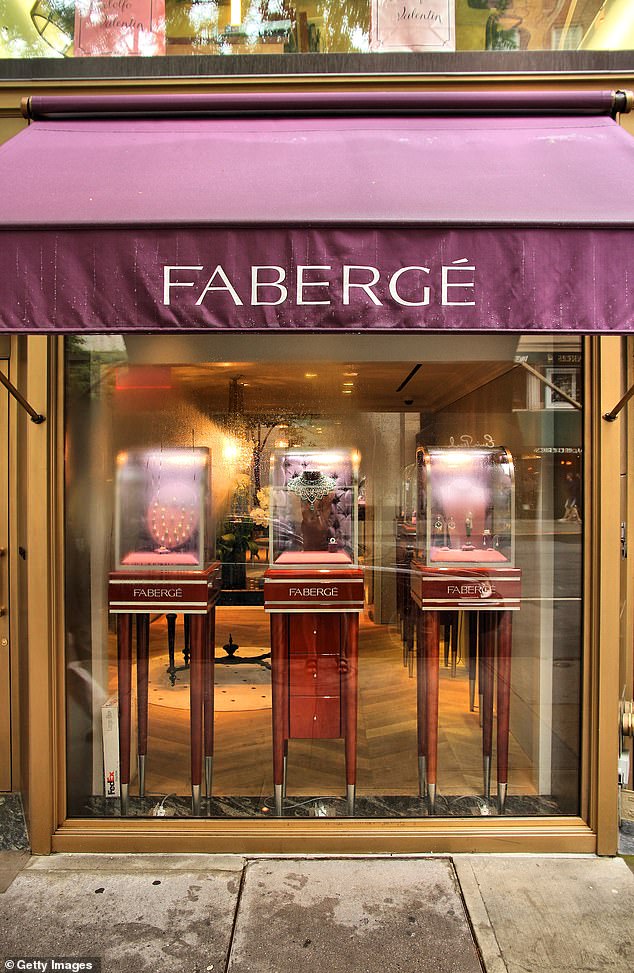Luxury goods brands attack the controversial tourist tax as Harrods is forced to sell cheaper handbags at airports
- Over 300 business leaders have backed the Scrap The Tourist Tax campaign
Luxury goods companies are the latest to attack the ‘tourist tax’ – with Harrods forced to swap expensive handbags for cheaper ones at its airport stores.
Jewellery firm Faberge has also criticised the Government’s stubbornness in the face of calls for VAT-free shopping to be reintroduced for international tourists.
More than 300 business leaders have backed the Daily Mail’s Scrap The Tourist Tax campaign.
The perk, which was scrapped in 2021, allowed tourists to get a 20 per cent refund on their purchases – encouraging them to visit and spend in the UK.
The change has seen wealthy shoppers heading to luxury hotspots such as Paris and Milan instead, firms warn.


Companies say they are hesitant to invest in Britain because of the tax. In February, Mulberry shut its Bond Street store in London, blaming the levy for a ‘dramatic drop in sales’.
Harrods managing director Michael Ward said the company had replaced some of its most expensive handbags with cheaper ones at its airport concessions due to wealthy shoppers being put off buying goods without the discount.
He told The Telegraph: ‘We used to be able to sell a £1,000, £1,500 handbag and people would save up and say, “I’m going to have that bag and I’ll buy it at the airport because I can get £200 or £300 tax back”.’
Selling designer handbags and other pricey items in airports has become ‘a lot tougher’ and is ‘only going to get worse’ as more tourists realise that Britain has axed its scheme, he added.
Faberge, known for its ornate jewelled eggs, also urged the Government to take ‘the right course of action’ and scrap the tax.
Its chief executive Antony Lindsay said: ‘The UK is losing its shine for prospective tourists. With all countries within the EU offering tourists tax-free shopping, why would a tourist choose to make significant retail purchases here when they can travel to Europe knowing they can make that purchase tax-free there.’
This post was originally published on this site be sure to check out more of their content.






